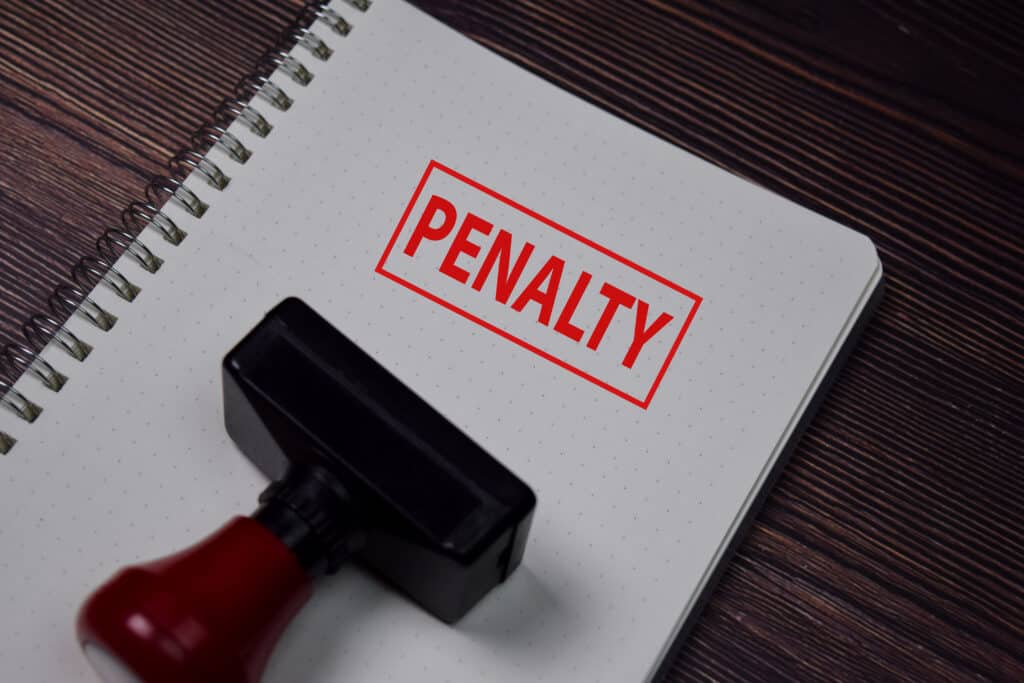If you’ve ever asked yourself, what does DWI no refusal mean?—you’re in the right place. The phrase pops up all the time in news reports, especially around holidays or weekends, but it’s often misunderstood. In Texas and several other states, DWI no refusal doesn’t mean drivers can’t refuse a breath or blood test. Instead, it means that law enforcement has the legal backing to obtain a warrant quickly—even on the side of the road—if someone refuses testing.
This policy transforms what could be a simple traffic stop into a full-on legal event, one that can impact your rights, your license, and your criminal record. In this article, we’ll break down what a DWI no refusal policy actually is, how it works in practice, and why it matters more than ever if you’re pulled over after a few drinks. We’ll also discuss your rights, real courtroom examples, and what a DWI no refusal night means for you and your future.

What Does DWI No Refusal Mean in Texas?
Let’s start with the basic definition. In Texas, a DWI no refusal policy is a law enforcement initiative that allows officers to obtain expedited search warrants for blood samples when a suspected drunk driver refuses a breathalyzer or field sobriety test.
This doesn’t mean you’re forced to submit to a test on the spot. What it means is that if you refuse, the officer will contact a judge—often immediately—to get a warrant. Once that warrant is signed (which usually takes minutes), they can then legally take your blood, even against your will.
So, to clarify: a “no refusal weekend” doesn’t remove your right to say no—it just removes the delay officers used to encounter when someone did.
Why Does Texas Have a DWI No Refusal Policy?
Texas, particularly cities like Houston, Austin, and San Antonio, has implemented DWI no refusal policies to reduce alcohol-related crashes and fatalities, especially during times when drunk driving tends to spike—think New Year’s Eve, Fourth of July, Memorial Day, and even regular Friday and Saturday nights.
Statistics from the Texas Department of Transportation show that thousands of alcohol-related crashes occur each year, many of them fatal. Prosecutors and police departments view the no refusal policy as a proactive tool to increase evidence collection and reduce courtroom challenges.
Law enforcement believes that the fear of an automatic warrant may make drivers more likely to comply with sobriety testing—and ultimately lead to moreDWI convictions.
Real-Life Story: When “No Refusal” Became Very Real
Meet Sarah, a 29-year-old nurse from Austin. She had a couple of glasses of wine at a friend’s engagement party, then got behind the wheel thinking she was fine. About two miles from home, she was pulled over for a broken tail light.
When the officer smelled alcohol, he asked her to step out for a field sobriety test. Nervous and unsteady in heels, she stumbled. Then came the question: “Will you take a breathalyzer?”
Sarah refused. She knew her rights—or at least thought she did.
Within ten minutes, the officer radioed in for a blood draw warrant. A local judge approved it, and Sarah was taken to a nearby clinic for a mandatory blood test. Her BAC came back at 0.089—just over the legal limit.
What Sarah didn’t realize was that it was a DWI no refusal weekend in Travis County, meaning the infrastructure was already in place to process warrants instantly. She now faces a criminal charge that could impact her nursing license.
The Legal Backbone of DWI No Refusal
The U.S. Supreme Court has ruled that while warrantless blood draws may violate the Fourth Amendment, court-approved warrants make blood testing legal and admissible. That’s the crux of what makes a DWI no refusal policy work—it keeps law enforcement actions in line with constitutional protections.
Under Texas Transportation Code §724.011, any person who is arrested for DWI is deemed to have consented to the taking of a specimen of breath or blood. However, this implied consent does not mean you’re forced to comply. It means that refusal leads to consequences—including license suspension and, under a no refusal policy, a search warrant.

When Does a DWI No Refusal Policy Apply?
Contrary to popular belief, no refusal isn’t a special law—it’s a process that’s always in effect, even when not publicized. But certain times of year make it much more visible and aggressive.
High-Enforcement Periods
Most Texas counties announce no refusal weekends during:
- National holidays (Fourth of July, Labor Day, Memorial Day)
- Major events (Super Bowl, rodeos, festivals)
- End-of-year holiday season (Thanksgiving to New Year’s Day)
During these times, officers are backed by on-call judges, nurses, and prosecutors available 24/7 to approve warrants and draw blood samples quickly.
All the Time, Technically
While promoted as special enforcement weekends, officers can request a warrant any time someone refuses testing. It just may take longer to get judicial approval outside of a “no refusal” period.
So if you’re asking what does DWI no refusal mean on a random Tuesday night?—the answer is: it still means you can be compelled to provide a sample if a judge signs off.
What Happens If You Refuse a Test During No Refusal?
Let’s walk through the step-by-step of what typically happens:
- You’re pulled over for a traffic violation or suspicious behavior.
- The officer suspects intoxication based on smell, speech, or field tests.
- You’re asked to submit to a breathalyzer or blood test.
- If you refuse, the officer will contact a judge (usually remotely).
- A warrant is issued electronically within minutes.
- You’re taken to a facility or a mobile van where a nurse draws blood.
- Your blood is tested, and results become evidence in court.
The entire process can happen in under an hour.
Consequences of Refusing a Test—Warrant or Not
Even without a warrant, refusing a test has consequences under Texas law:
- Automatic license suspension (typically 180 days for the first refusal)
- Use of refusal as evidence in court (prosecutors often argue refusal indicates guilt)
- Increased penalties if you have prior DWI charges

So if you’re pulled over on a no refusal night and say no, you’re not buying time—you’re simply inviting the next phase of the process, which may be even harder to fight.
What If the Warrant Is Improper?
Sometimes, defense attorneys succeed in getting blood test results thrown out by challenging the validity of the warrant. This could happen if:
- The warrant lacked probable cause
- The judge was not authorized to issue it
- The warrant was incomplete or rushed
- The chain of custody was broken during testing
This is why it’s essential to have an experienced DWI defense lawyer—especially if your arrest happened during a no refusal enforcement period.
Can You Say No to a Blood Draw with a Warrant?
Technically, you can physically resist, but that will likely lead to additional charges, such as obstruction or resisting arrest. Once the warrant is signed, the blood draw is legally authorized. Law enforcement can use reasonable force to ensure compliance, which includes restraining you if necessary. In many cases, officers are trained to proceed carefully but firmly, and resistance rarely ends in the driver’s favor.
From a legal strategy perspective, it’s better to cooperate and then fight the validity of the warrant in court, rather than escalate the situation during arrest. That way, any procedural error made by the police becomes admissible in your defense, rather than overshadowed by claims of noncompliance.
Why Understanding DWI No Refusal Matters More Than Ever
So now you know what a DWI no refusal policy is and how it works—but why does it matter? Because these policies aren’t just legal strategies—they shape how law enforcement handles stops, evidence, and charges across Texas.
Because ignorance is not a defense. Whether you’re out with friends or just driving home from dinner, knowing how the law works helps you make informed decisions. You don’t want to end up like Sarah or Marcus—caught off guard by a policy that can change the outcome of your entire case. A split-second decision made during a traffic stop could result in years of legal and financial repercussions.
The moment you’re pulled over, your every word and action matters. From the officer’s perspective, no refusal means they’re collecting evidence—fast. From your perspective, it means you need to think legally from the very first question. Understanding the legal weight behind “no refusal” allows you to act smartly, not emotionally, when the pressure hits.

Key Takeaways: When and How DWI No Refusal Policy Applies in Texas
So let’s wrap it up. What does DWI no refusal mean? It means that refusing a breath or blood test no longer delays evidence collection. It means police can get a judge’s warrant in minutes. And it means you’re not off the hook just because you said no.
No refusal policies are about fast-tracking enforcement. They remove the element of delay that once helped some drivers avoid prosecution. And they increase the chances that your blood alcohol level—if over the limit—will be caught, recorded, and used against you in court.
Whether it’s a no refusal weekend or just another night in Texas, the implications are real. That’s why knowing your rights, understanding the legal process, and—if arrested—calling a DWI defense attorney immediately is your best defense.

